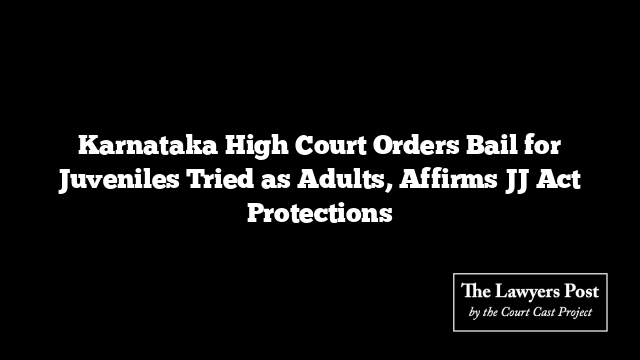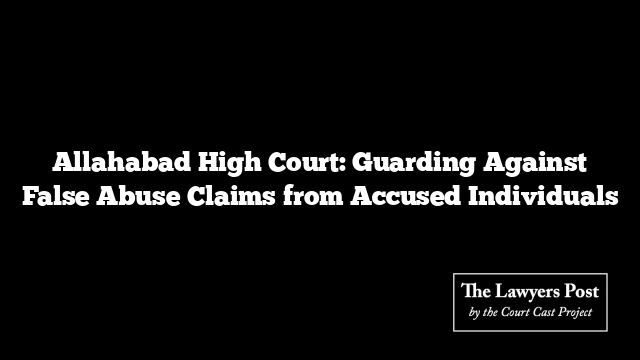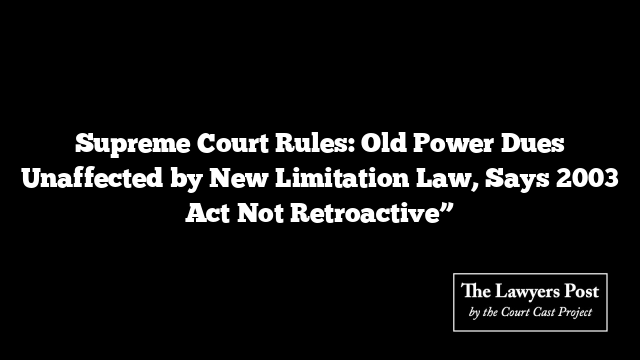In a recent ruling, the Karnataka High Court reinforced that juveniles must be granted bail under the Juvenile Justice (Care and Protection of Children) Act (JJ Act), even if they face trial as adults. This judgment, delivered by Justice S. Vishwajith Shetty on October 24, upholds the rights of a juvenile defendant involved in a case of serious allegations, marking a significant stance on juvenile rights within the adult criminal justice framework.
The court’s decision came in response to an appeal from a young individual accused in a case of sexual assault and rape. The juvenile, whose bail was denied earlier this year, had challenged that denial under the provisions of the JJ Act. Justice Shetty underscored that Section 12 of the Act obliges courts to grant bail to juveniles, regardless of whether they are subject to adult trial proceedings. The court observed that the Act, being a special provision, takes precedence over the general procedural laws of the Code of Criminal Procedure (CrPC).
The ruling explicitly states that Section 12 mandates release on bail for juveniles unless specific risks—such as association with known criminals or exposure to psychological or moral harm—are evident. In this case, the High Court found no such risks, particularly noting that the juvenile had already spent over a year in custody awaiting trial. Moreover, statements from the victim’s family indicated they had no objections to the juvenile’s release.
Justice Shetty ordered the juvenile’s release on a personal bond of ₹50,000, reinforcing that juvenile protections under the JJ Act cannot be sidelined, even in cases where adult trial standards apply.





